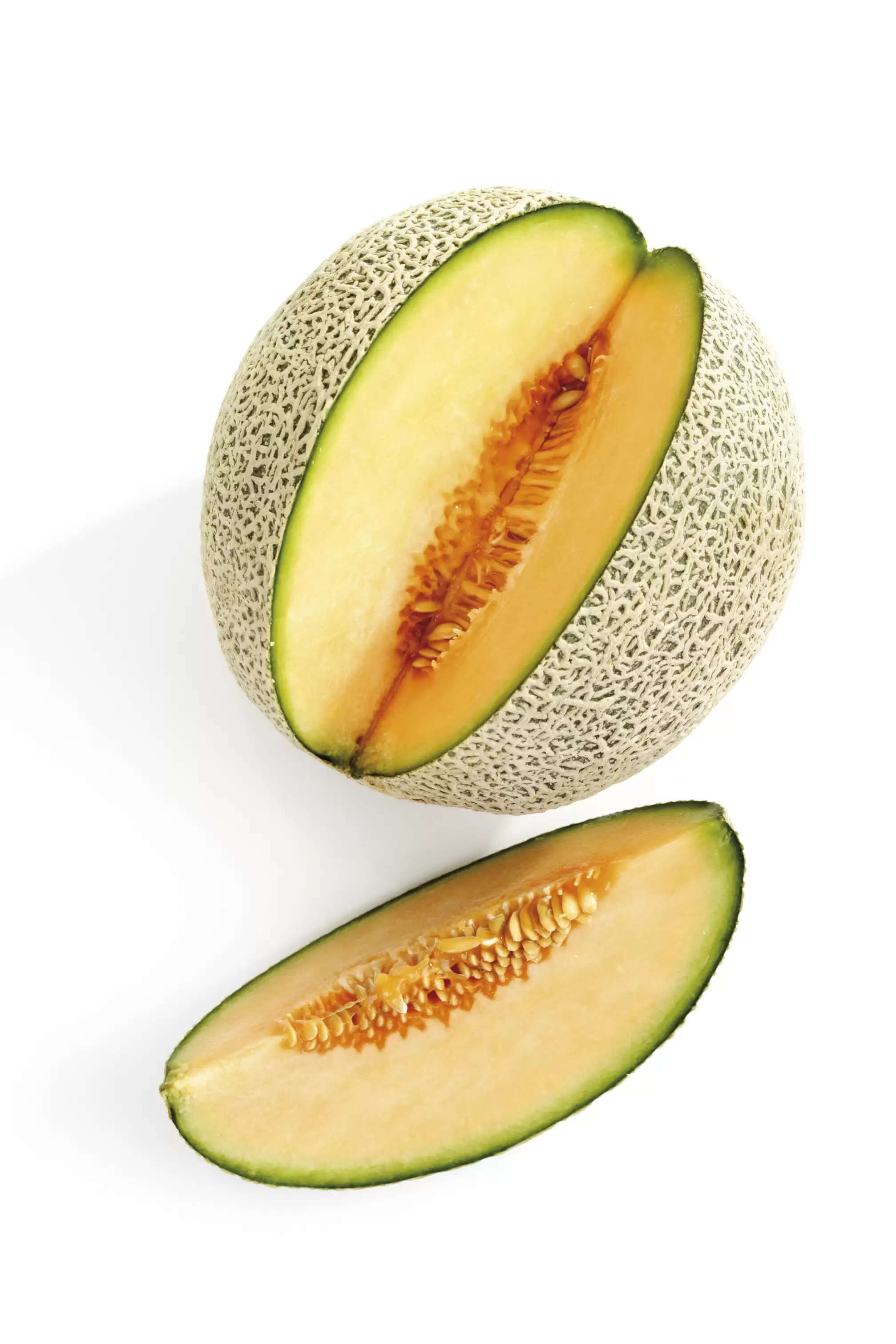Pumpkin Seeds: Nutrition Value And Various Health Benefits
Pumpkin seeds, despite their small size, are rich in essential nutrients, making them highly valuable for your well-being.

Even a small portion of pumpkin seeds can supply you with a significant amount of healthy fats, magnesium, and zinc. As a result, pumpkin seeds have been linked to various health advantages, such as enhanced heart health, prostate health, and defence against specific types of cancer.
Pumpkin seeds, which can be found at the core of the pumpkin fruit, are edible seeds that have a flat and oval shape. Once separated from the flesh, these seeds can be washed and roasted to produce a delectable and crispy treat. They can be enjoyed plain or enhanced with various herbs and spices, resulting in a delightful snack.
The nutritional advantages of consuming pumpkin seeds are as follows for a 30g portion:
Around 170 kcal / 704 KJ
- 7.3g of protein
- 13.7g of fat
- 2.1g of fibre
- 81mg of magnesium
- 246 mg of potassium
- 1.98mg of zinc
- 3.0mg of iron
Health benefits of pumpkin seeds
Hypoglycemic properties
Research exploring the effects of pumpkin seeds, in conjunction with linseeds, has indicated their potential in preventing complications associated with diabetes, such as elevated cholesterol and blood sugar levels. The hypoglycemic properties of pumpkin seeds can assist individuals with diabetes in effectively managing their blood sugar levels.
Heart health
Pumpkin seeds possess a wealth of unsaturated fats, such as alpha-linolenic acid (ALA), which have been associated with promoting heart health and reducing the risk of cardiovascular disease. Including pumpkin seeds as part of a well-balanced diet that incorporates ALA-rich foods can be beneficial for maintaining a healthy heart.
Additionally, pumpkin seeds are a valuable source of magnesium, which may play a role in regulating blood pressure. However, further research is required to fully understand the specific impact of magnesium in this regard.
Rich source of antioxidants
Pumpkin seeds are abundant in antioxidants, which can play a beneficial role in scavenging harmful "free radicals" that cause cell damage. Although no individual "superfoods" can guarantee the prevention of cancer, it is important to note that certain risk factors for cancer are not influenced by diet. Nevertheless, research suggests that adopting a healthy diet can potentially lower the risk of developing cancer. Incorporating pumpkin seeds into one's diet has been linked to a decreased likelihood of specific cancers such as breast, prostate, and colon cancer.
Bladder health
Pumpkin seed oil may possess properties that could help in the prevention or treatment of urinary disorders.
Rich in dietary fibre
Pumpkin seeds offer an excellent supply of dietary fibre, with shelled seeds providing 1.7 grams of fibre in just one ounce (28 grams). Consuming a diet abundant in fibre can significantly contribute to maintaining a healthy digestive system. Moreover, studies have shown that diets high in fibre are linked to a decreased risk of heart disease, type 2 diabetes, and obesity.
Improves sperm quality
Insufficient levels of zinc have been linked to decreased sperm quality and an elevated risk of infertility in males. However, incorporating pumpkin seeds into one's diet can potentially address this concern due to their abundant zinc content, leading to potential improvements in sperm quality.
Furthermore, pumpkin seeds contain a plethora of antioxidants and a variety of other nutrients that have the potential to promote optimal testosterone levels and enhance general health. As a result, these combined factors contribute to the possible advantages of pumpkin seeds in relation to fertility levels and reproductive function, particularly among males.
Promoting sleep
If you struggle with sleep issues, incorporating pumpkin seeds into your evening routine may be beneficial. These seeds naturally contain tryptophan, an amino acid known for its sleep-promoting properties. Pumpkin seeds are an excellent source of magnesium, which has also been linked to improved sleep. In particular, research indicates that magnesium supplementation may enhance sleep quality and reduce the time taken to fall asleep among older adults with insomnia.
Easy to include in your diet
Pumpkin seeds are a popular snack in many countries and can be enjoyed raw or roasted, whether salted or unsalted. Apart from munching on them as is, you can easily incorporate pumpkin seeds into your meals. Add them to your smoothies, Greek yoghurt, or fruit bowls for an extra nutritional boost.
For savoury options, sprinkle pumpkin seeds onto salads, soups, or cereals to enhance their flavour and texture. It's important to note that like other seeds and nuts, pumpkin seeds contain phytic acid, which can hinder the absorption of certain nutrients in your diet.
Conclusion
Pumpkin seeds possess exceptional nutritional value and are abundant in potent antioxidants. Consumption of these seeds can effectively address dietary deficiencies and potentially safeguard against a range of health issues. Remarkably, pumpkin seeds have demonstrated their ability to enhance cardiovascular well-being, regulate blood sugar levels, promote fertility, and improve the quality of sleep. Furthermore, they may offer protection against specific forms of cancer. The convenience of incorporating pumpkin seeds into your diet is another noteworthy aspect, allowing you to effortlessly harness their numerous beneficial effects.
Disclaimer: The above content is for informational purposes only and should not be used as a substitute for the advice of a qualified physician or doctor. The Company does not vouch for or endorse any of the above content, and disclaims any and all warranties, express or implied, relating to the same..png)